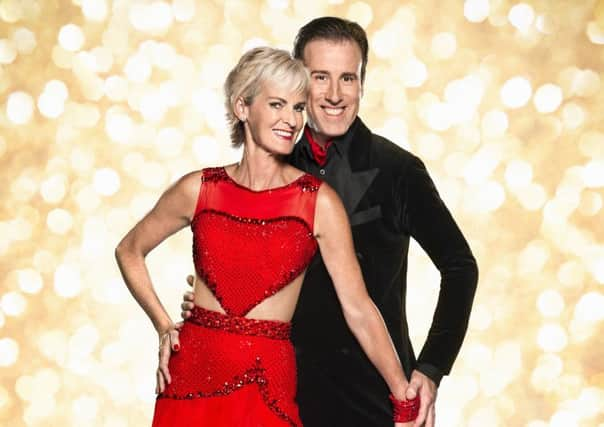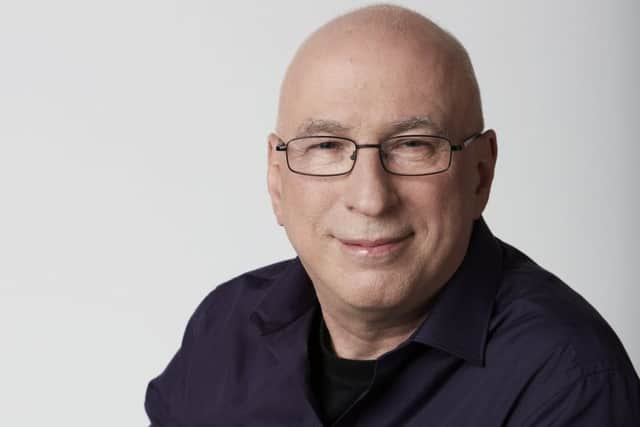BBC shake-up ‘will lead to diminished service’


Culture secretary John Whittingdale said yesterday that an upcoming review of the BBC’s Royal Charter will look at whether the broadcaster should continue to be “all things to all people” or should have a more “precisely targeted” mission in terms of its output.
Launching a green paper setting out the terms of the review, Mr Whittingdale said the process would consider both the “mixture and quality” of the programmes broadcast by the BBC, as well as the way they are produced.
Advertisement
Hide AdAdvertisement
Hide Ad“With so much more choice in what to consume and how to consume it, we must at least question whether the BBC should try to be all things to all people, to serve everyone across every platform, or if should have a more precisely targeted mission,” Mr Whittingdale told the House of Commons.


“The upcoming Charter review will look at whether the scale and scope of the BBC is right for the current and future media environment and delivers what audiences are willing to pay for.”
Scotland’s culture secretary, Fiona Hyslop, said the review should be used as an opportunity to improve services and deliver better coverage north of the Border, and that the Green Paper on the corporation’s future must not be used as a cover “to slash and diminish” the broadcaster.
In an apparent reprieve for the licence fee, Mr Whittingdale told MPs a subscription model for paying for the BBC “could well be an option in the longer term, but would not work in the short term”.
The review will look at three options for changing funding arrangements for the BBC – a reformed licence fee, a household levy or a “hybrid” funding model. Consideration should be given to the case for a full subscription model in the longer term, he said.
The BBC said: “We believe that this green paper would appear to herald a much diminished, less popular, BBC. That would be bad for Britain and would not be the BBC that the public has known and loved for over 90 years.
“It is important that we hear what the public want. It should be for the public to decide whether programmes like Strictly or Bake Off, or stations like Radio 1 or 2, should continue.
“As the director-general said on Tuesday, the BBC is not owned by its staff or by politicians, it is owned by the public. They are our shareholders. They pay the licence fee.
“Their voice should be heard the loudest.”
Advertisement
Hide AdAdvertisement
Hide AdMr Whittingdale confirmed that the BBC will take over responsibility for funding free TV licences for over-75s from 2018-19. He told MPs there was no “easy solution” to the problem of funding the BBC. The current £145.50 licence fee was “regressive” because it was charged at the same rate on every household with a TV set, he said.
The Charter review will look at whether the BBC’s current range of services “best serves licence fee payers” and whether the scale of its output is adversely affecting commercial rivals, said the culture secretary.
He cited Olympic coverage and “world-beating dramas” like Sherlock and Doctor Who as examples of why the corporation remained “cherished and admired – not only in this country but around the world”.